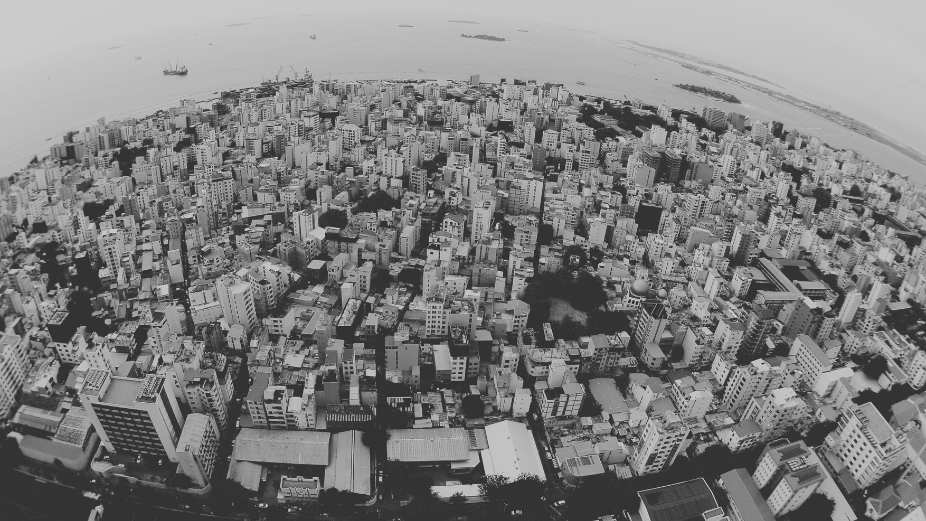
A recent report by the World Bank has raised concerns about the potential impact of removing blanket subsidies in the Maldives, warning that such reforms could significantly affect low-income households if proper compensation measures are not introduced. According to the World Bank Maldives Development Update, without targeted support, poverty levels could rise dramatically as the country moves toward phasing out subsidies for essentials such as fuel, electricity, food, and sanitation.
The World Bank report states that removing these subsidies could see the national poverty rate rise from 2.5 percent to 4.6 percent, with even more severe consequences in the atolls, where poverty levels could increase from 4.8 percent to 8.3 percent. The report highlights the importance of targeted cash transfers to mitigate these effects, particularly for the bottom 60 percent of households most affected by rising costs.
Currently, blanket subsidies benefit wealthier households disproportionately. According to the report, while the richest 10 percent of households capture 13 percent of the total subsidy spending, for poorer families, these subsidies account for a much larger share of their income. For the poorest 10 percent, subsidies represent 11 percent of household income, making any removal of such support a significant challenge.
The World Bank suggests that instead of blanket subsidies, a system of targeted cash transfers could be introduced to provide direct financial assistance to lower-income households. Such a system, the report says, could be more sustainable and ensure that public spending is better directed toward those in need. The report also recommends that the government introduce a proxy means test (PMT) to identify eligible households, ensuring that the poorest families receive the most support.
Experts suggest that targeted cash transfers could prevent the rise in poverty that would otherwise follow the removal of subsidies, especially if payments are focused on the bottom 20 percent of households. By providing these families with direct financial support, the negative effects of subsidy removal could be offset, helping to maintain household welfare.
The report emphasises that while subsidy reform is necessary for addressing the Maldives’ fiscal challenges, such changes must be balanced with measures to protect vulnerable households. The World Bank concludes that if implemented correctly, targeted cash transfers could provide a more efficient and equitable solution to public spending while safeguarding those most at risk.












